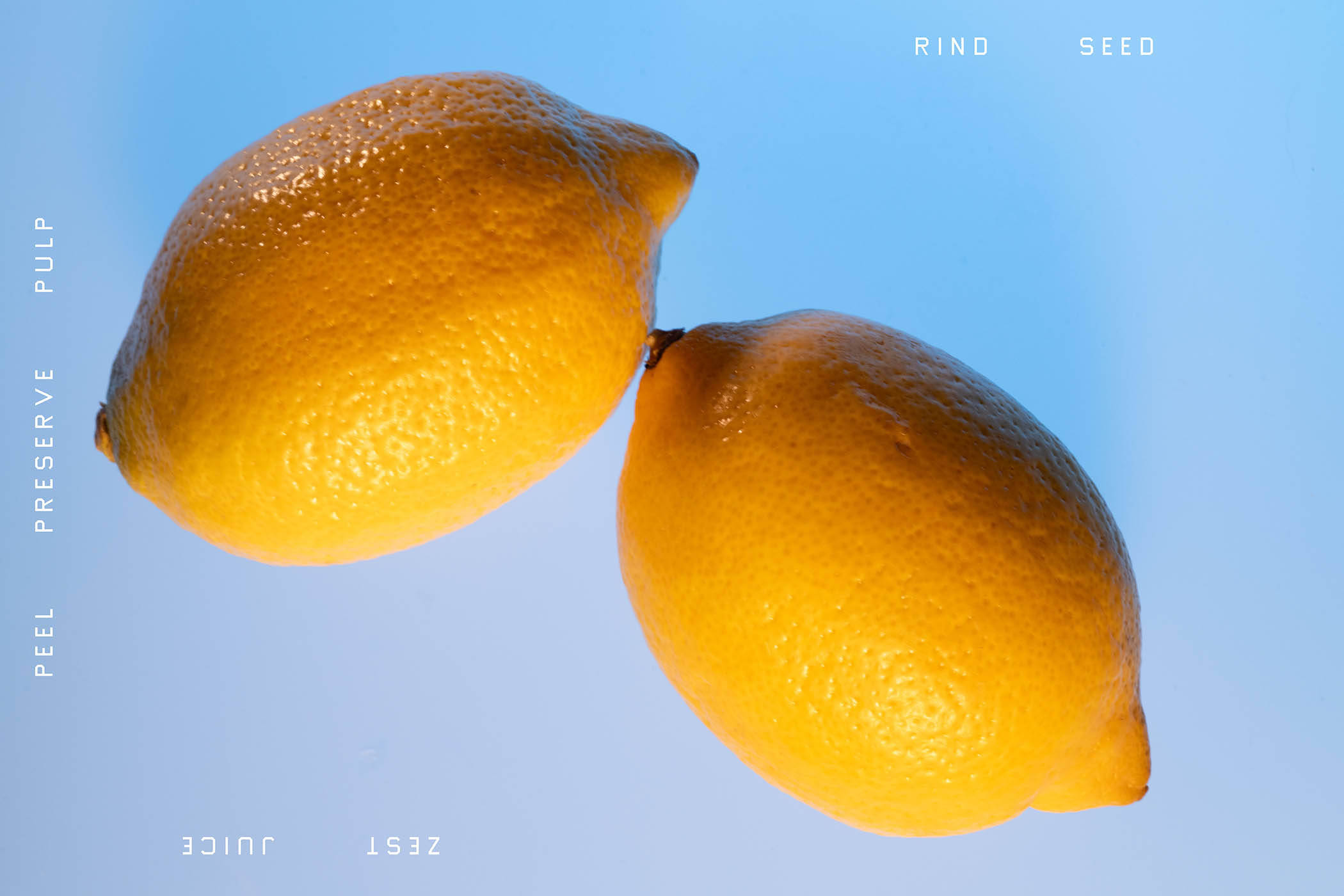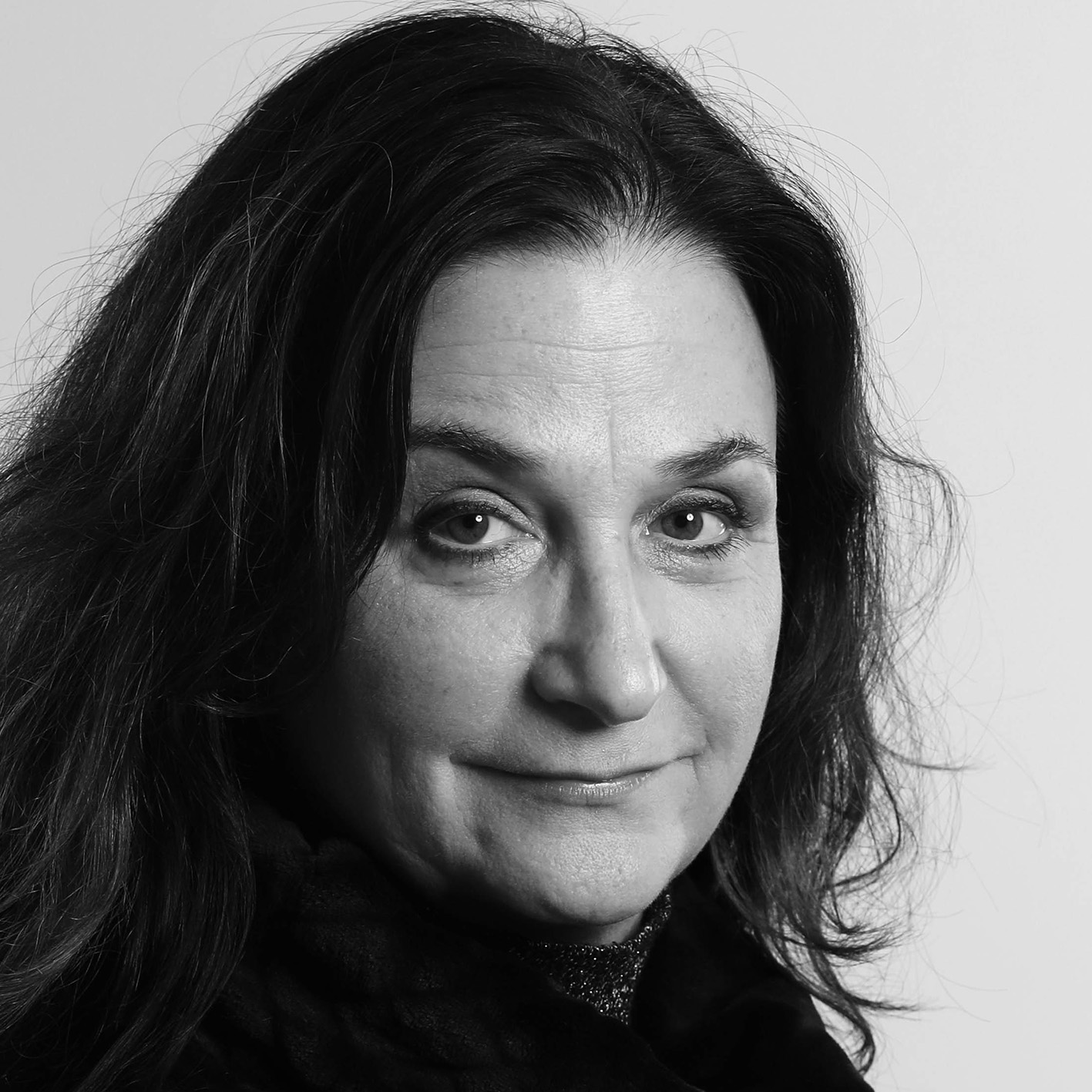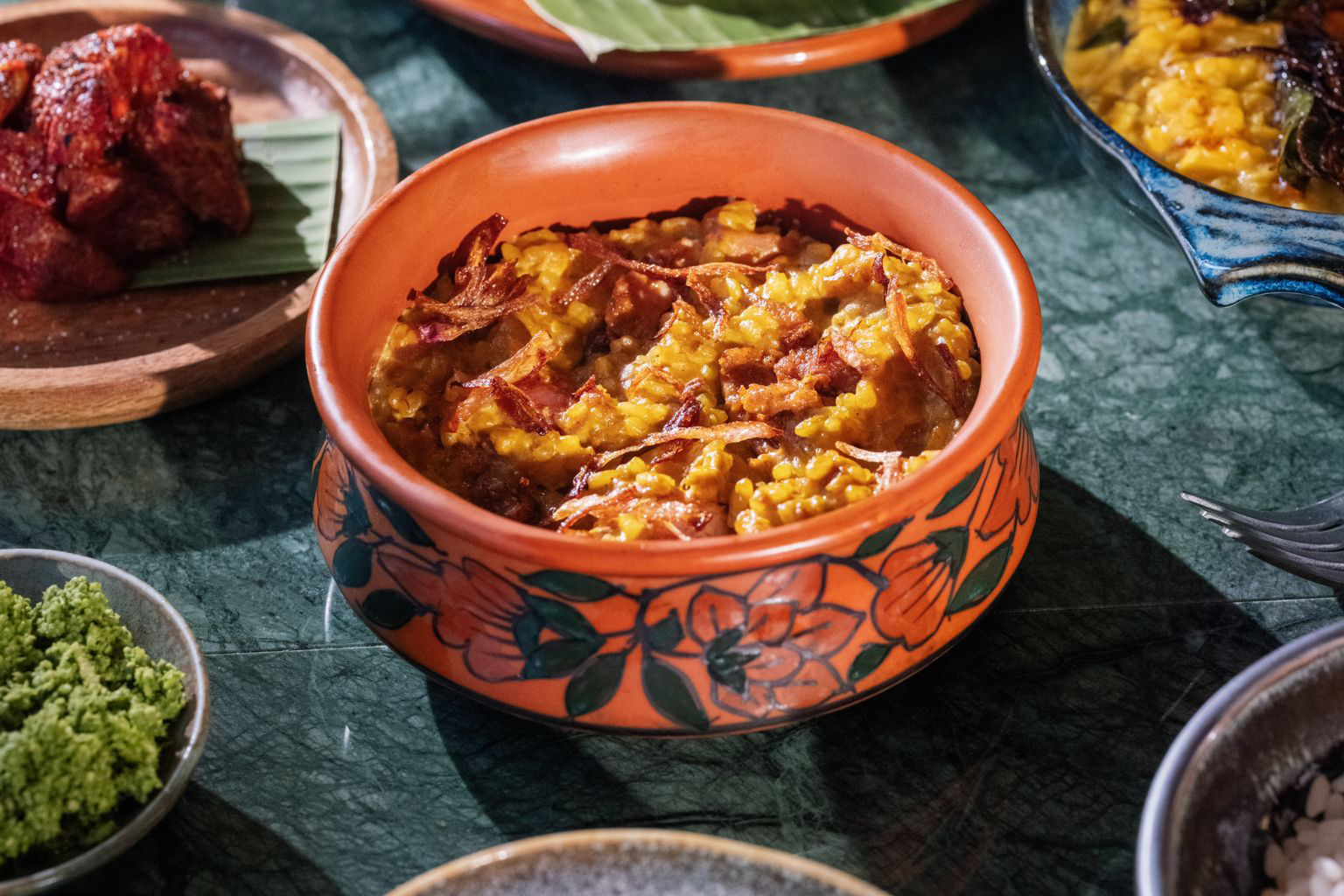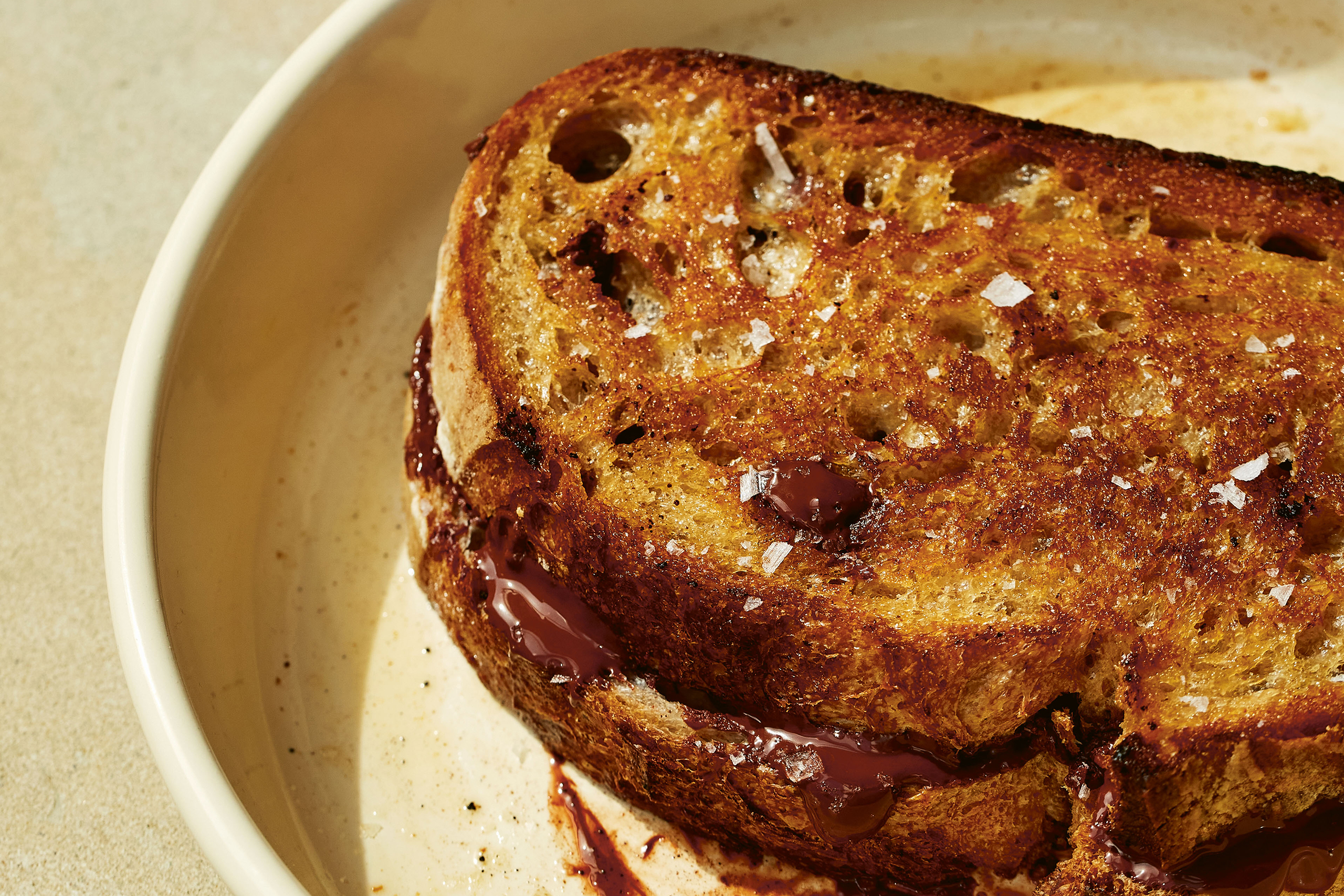Ruth Rogers has made it a mission to perfect the art of deceptively casual, high-quality dining. Setting up the feted River Cafe in London with Rose Gray, her late business partner, friend and fellow chef, she established a destination restaurant that has kept up its easy, elite mystique for nearly 40 years.
There have been hit recipe books too. But this autumn, Rogers, 77, has stepped away from the kind of kitchen manual that soon gets sticky with olive oil. Instead, her friendship with the American pop artist Ed Ruscha has borne more unusual fruit: a real lemon. But not in a bad way. Their book, Squeeze Me: Lemon Recipes & Art, extols the virtues of the fruit. “The whole book was made in Ed’s studio,” Rogers tells me. “So the real excitement, aside from all my recipes, is the design and the extraordinary photographs.”
The project was one of the simplest and most pleasurable she has completed: “Working with such a great artist, even though he was a friend, I found he had a remarkable understanding. They were recipes from the River Cafe, but all the images were shot by him in Los Angeles.”
Ruscha, 87, is best known for his arresting pictures of American signage – words and slogans – in powerful, stark images, such as Twentysix Gasoline Stations (1963) and Thirtyfour Parking Lots in Los Angeles (1967). When in Britain, he always visits the River Cafe, but the pair don’t remember precisely how or when they first got to know each other. Rogers does remember, however, the moment they came up with the idea for Squeeze Me.
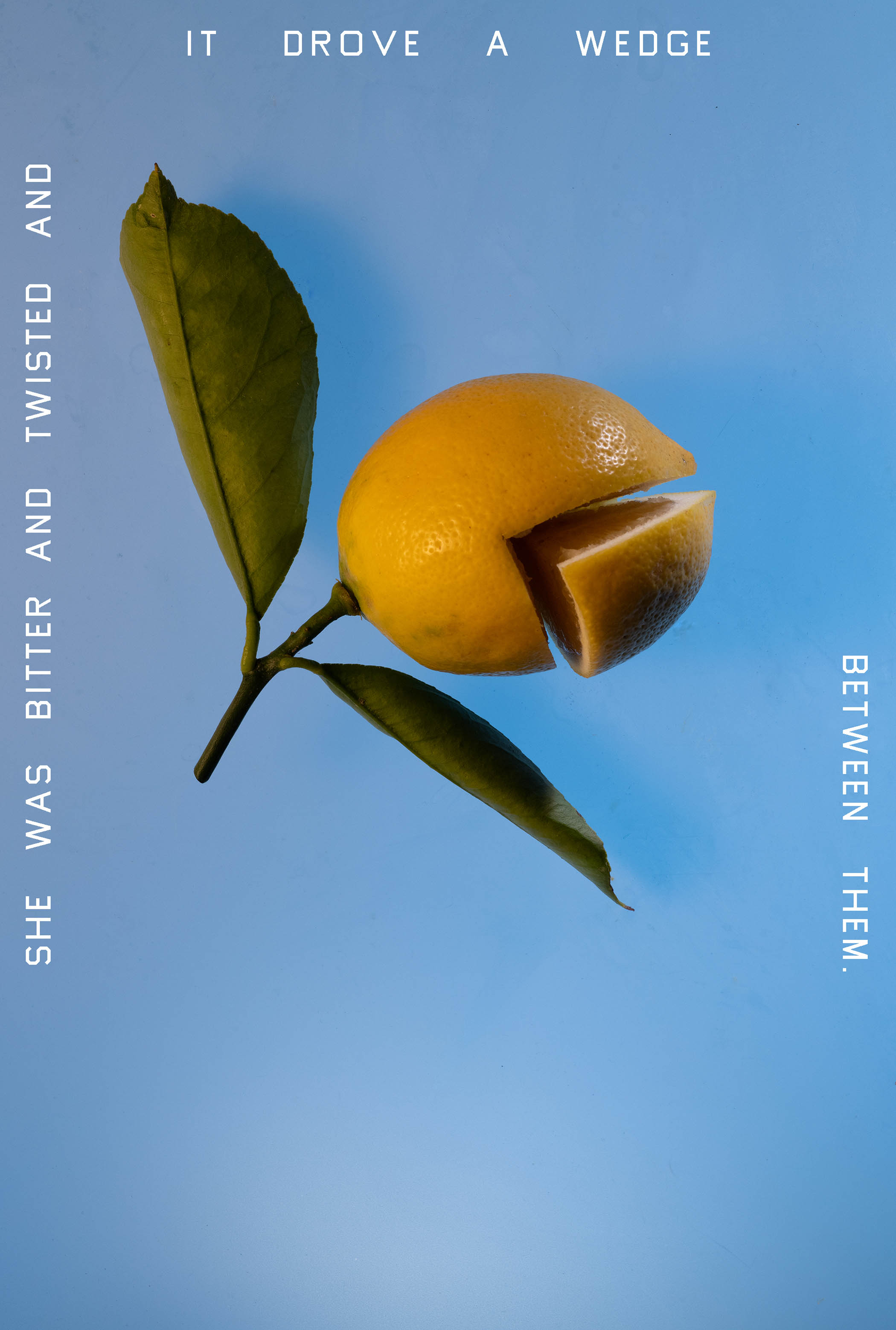
In 2011, the artist moved inland from his home of 26 years in Venice, on the LA coast, to a former film prop storage facility in Culver City. He filled his capacious new backyard with fruit trees, including a productive dwarf lemon, and it was on a recent stroll there that the duo decided to affirm their friendship with a collaboration in praise of its fruit.
The US-born British chef, who grew up in New York state, started the River Cafe as a canteen for the staff working at the architectural practice run by her late husband, Richard Rogers. She remains devoted to using homegrown produce, but has not had much luck with lemons in her garden near the restaurant on the banks of the River Thames.
“We had a tree that wasn’t doing well, so I gave it to some friends of mine in Kent. We do grow lots of things in the garden here, like beans, just to show you can do it in Hammersmith. And most of our produce is British, like fish from the south coast, langoustine from Scotland and British asparagus and tomatoes. But when something grows in the hot sun, like basil, [the temperate climate] does change the taste, and lemons are one thing that’s difficult here.”
Ruscha made his name in the 1960s and 70s by creating art from commercial logos and with single words, such as “Oof” and “Honk”, making the letters leap away from their ordinary context. Here, along with Rogers’s recipes, he does the same with lemons.
“Ed told me he always sees words like flowers in his pictures, so now he is actually photographing a real plant,” she says.
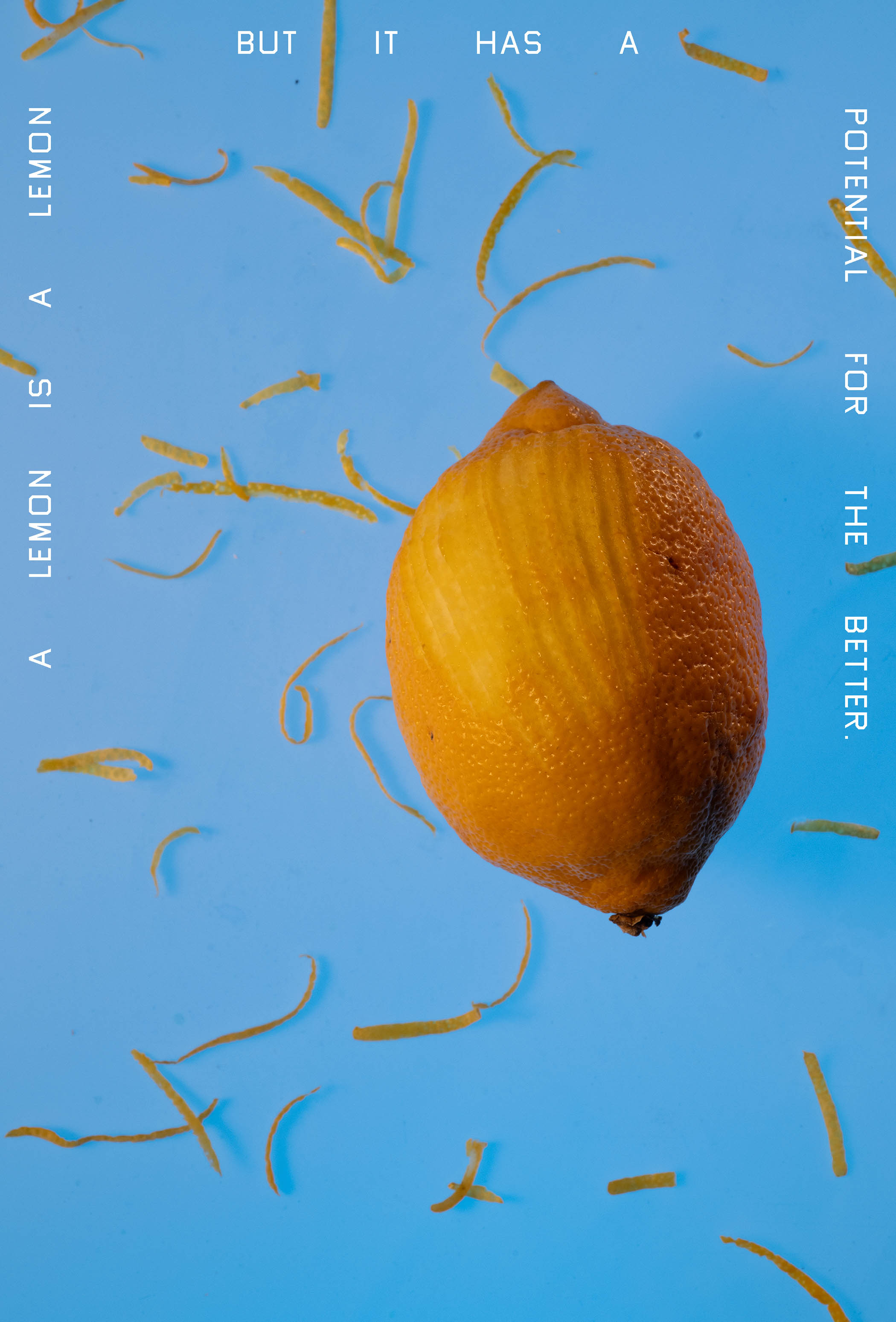
The fruit in the photographs is sliced, peeled and, of course, squeezed; printed around Ruscha’s pictures are pithy sayings that take their inspiration from the fruit. “When life hands you lemons, make whiskey sours,” suggests the Hollywood comedian WC Fields in one. The sparse text was provided by British writer Heather Ive, wife of the former Apple designer Jony, who designed the book for Rogers and Ruscha at his LoveFrom studio.
“Ed’s work has often used words, so that came naturally enough to him, but we had a lot of extra help from Heather. She is a poet and she also came up with the title. We have since realised, though, it probably suits being printed on a tote bag rather better than on aT-shirt, when it comes to the merchandise.”
Rogers estimates that she gets through 300 lemons a day at the River Cafe; their sourness poses a challenge to a chef, but if the fruit ever finds itself in the dock, Ruscha and Rogers have together mounted a strong case for the defence. Their 48 recipes, coupled with the jewel-like photography, are persuasive.
Sour tastes are also in vogue. They are supposed to appeal to us when we need vitamin C – something the body doesn’t make for itself. Their acidity also prompts the release of saliva and an anticipatory zing of excitement.
At the restaurant, lemons are brought in from Amalfi or Sicily, a long with larger cedro, native to Calabria and stored inside the fridge. At home, though, Rogers keeps them on display: “I have them out so I can enjoy seeing them.”
Lemon season is approaching, but this is a year-round fruit, she says. Every autumn the restaurant takes its staff to Italy to learn about olive pressing. Perhaps lemon groves should be a part of the itinerary, too? “The olive trip is a great experience and is about understanding an ingredient they use so much. So I would love to go to where they grow the lemons too,” Rogers agrees.
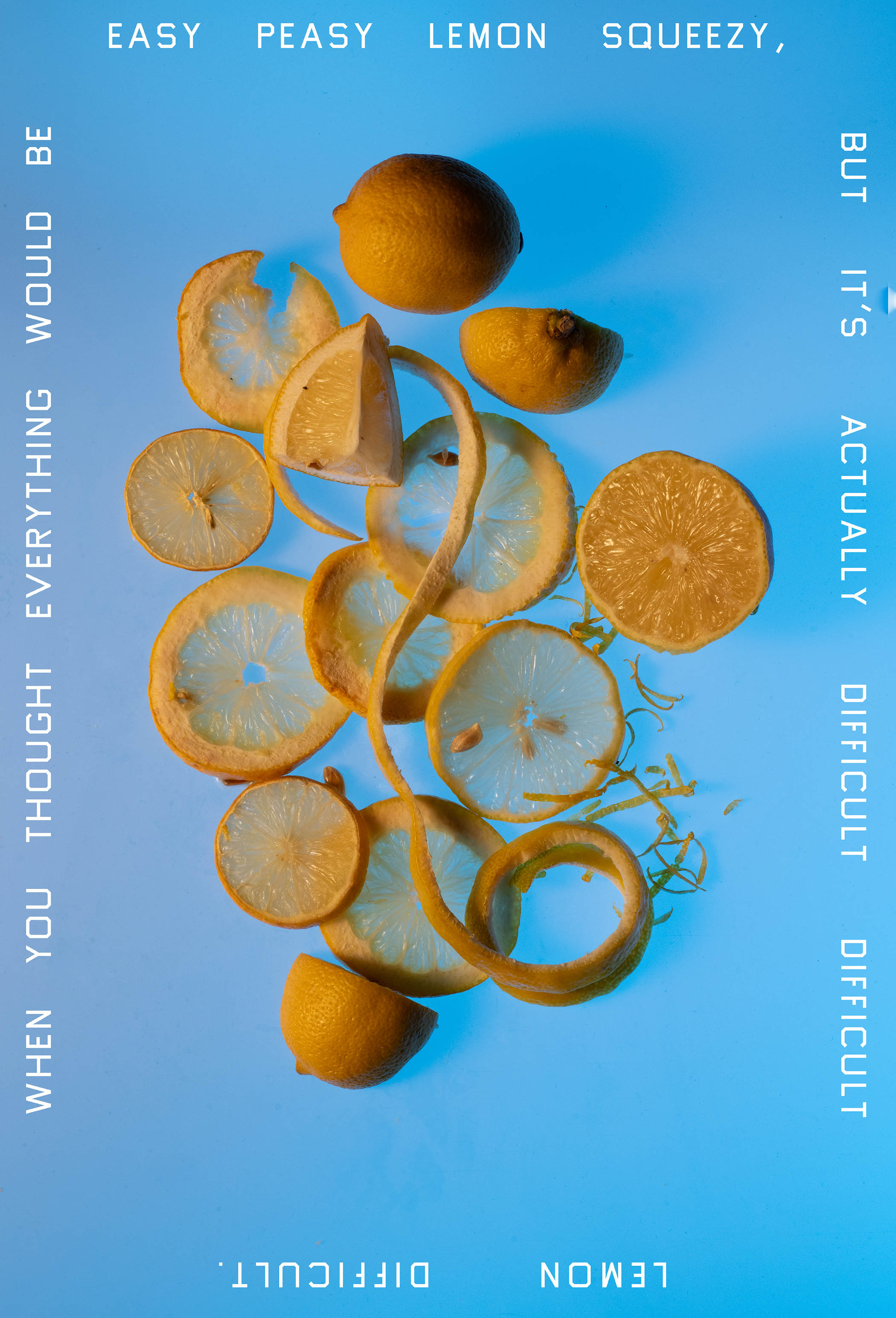
Among her own favourite recipes in the book is a meat dish that highlights an unexpected way the fruit can be used. “I love the pork that’s cooked in milk and lemon, which is not something you would think of,” she says. “Normally, when you cook with milk, you are thinking you don’t want it to curdle, but that is the whole basis of this dish. You get this almost nutty sauce when you bake it and it is really creamy.”
Sauces are generally simpler than people think, Rogers insists. “My mother-in-law, who was from Trieste, told me that if you mix milk with the meat sauces, you will always get a good gravy or a sauce, so you don’t need to use butter or cream.”
Whether mixing fresh lemonade, or gaining the confidence to add lemon and olive oil to yoghurt, exposure to other food cultures is crucial, she believes. “That’s why we need more people from different places coming to London. That is how you learn about different food traditions and different cultures. It introduces you to new things. If you live in London, you are lucky that you can go to a Lebanese market and then perhaps to an Ethiopian restaurant.”
The process of working with Ruscha has inspired her, Rogers says. It looks likely there will be a follow-up book celebrating a different solo ingredient. The carrot? “No, not that, although everything would be nice and orange. We do have another idea coming up – and it is not the lime, either. It is something more unexpected, but I can’t say what yet.” Could it be the chilli? Or perhaps the egg?
Squeeze Me: Lemon Recipes & Art is published by Rizzoli International Publications (£35). Order a copy from The Observer Shop for £31.50. Delivery charges may apply
Newsletters
Choose the newsletters you want to receive
View more
For information about how The Observer protects your data, read our Privacy Policy
Photographs by Ed Ruscha
